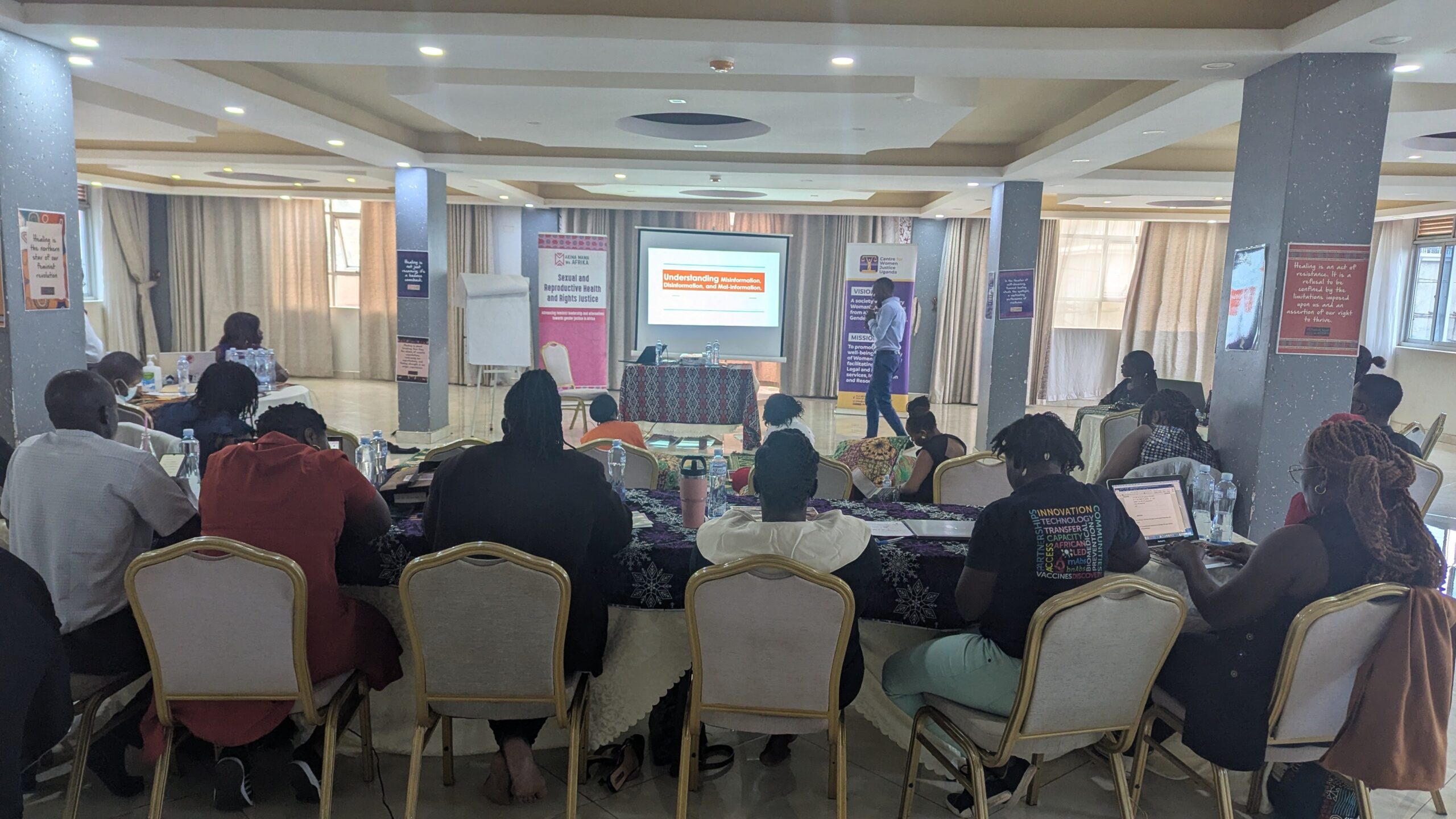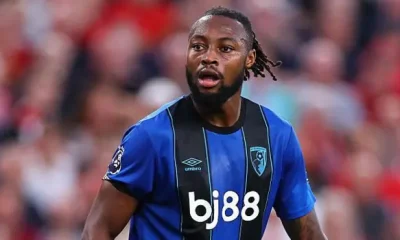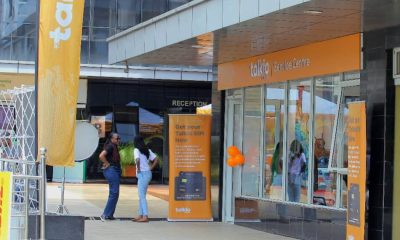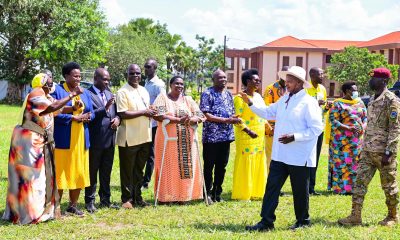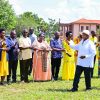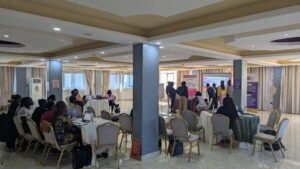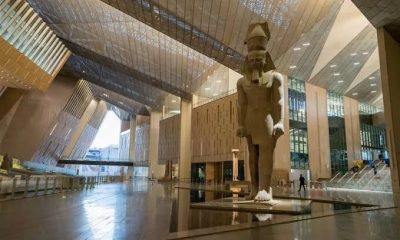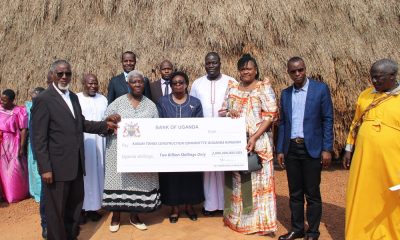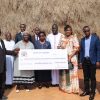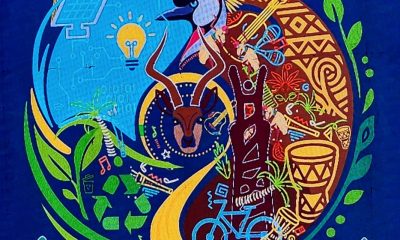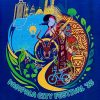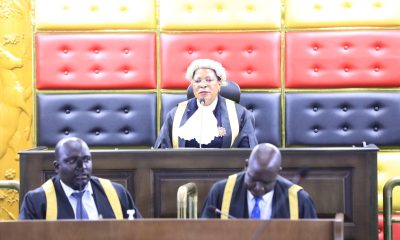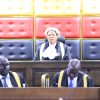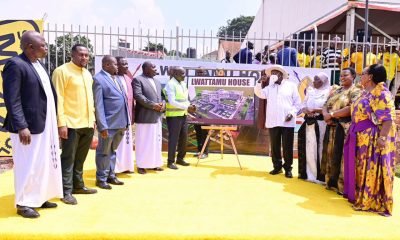Culture
CWJU and Akina Mama wa Afrika Empower Journalists to Counter Misinformation and Challenge Anti-Gender Narratives in Uganda
In a decisive step towards transforming the way gender narratives are reported in the media, the Centre for Women Justice Uganda, in partnership with a pan-African feminist leadership development organisation, Akina Maama Wa Africa, held a two-day intensive training for journalists focusing on dismantling gender-related misinformation and disinformation.
The workshop, which took place at the end of last month, brought together reporters, editors, and social media influencers from across Uganda, with a particular focus on regional journalists. Held at Eliana Hotel in Ntinda, the training emphasised the need for ethical, informed, and feminist-centred reporting, particularly on issues surrounding Sexual and Reproductive Health and Rights (SRHR).
“Most times, we see a lot of information out in public, on social media and even in some of our traditional media—that doesn’t reflect the true story or tackle the underlying issues affecting women and girls,” said Immaculate Owomugisha, Executive Director of the Centre for Women Justice Uganda. “We want journalists to move away from biased reporting and toward stories that give a balanced, truthful picture of gender narratives.”
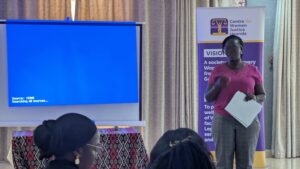
Immaculate Owomugisha, Executive Director of the Centre for Women Justice Uganda, addresses journalists during a training workshop focused on combating gender misinformation and promoting balanced reporting
Owomugisha underscored the goal of equipping journalists with tools to challenge entrenched myths and stereotypes, noting that misinformation around feminism and women’s rights often skews public perception and policy debates.
“This training was about building skills, but more importantly, building a commitment to storytelling that protects the dignity and rights of women and girls. It’s not a one-off. We will continue mentoring these journalists, supporting their growth, and encouraging them to be at the forefront of gender-just media,” she added.
The sessions covered a range of topics including gender-sensitive reporting, fact-checking in the age of artificial intelligence, and navigating cultural and religious biases that often distort SRHR discourse.
Winnie Apio, a representative from Akina Mama wa Afrika, emphasized the media’s double-edged role as both a potential perpetrator of misinformation and a powerful tool for advocacy.
“The media is one of the key channels that often propagates negative myths and misconceptions around sexual and reproductive health,” Apio explained. “By sharing biased or outright wrong information, media houses are failing in their duty to serve the public good.”
She pointed to the growing challenges of manipulated digital content, including deepfakes and pseudo-research, calling on journalists to prioritise fact-checking and critical analysis.
“You must always ask yourself, what is the truth, and who benefits from this version of the story? Because feminism is not about hating men. It’s about dismantling systems like patriarchy, colonialism, and capitalism that have historically oppressed women and marginalised communities.”
Apio also highlighted the deep connection between feminism and SRHR, stating that many of the rights women are denied, such as the right to choose when or whether to marry, access safe abortions, or use contraception, stem from patriarchal control over women’s bodies and autonomy. “Women are not subordinate simply because they are women,” she asserted. “Feminism is about restoring that balance, about demanding equity and dignity.”
The Power of Storytelling from the Grassroots
Another recurring theme was the importance of amplifying grassroots voices. Both Owomugisha and Apio emphasised that myths thrive when the authentic experiences of women on the ground are silenced.
“We need to go back and ask the local woman, before colonialism and modern religions came in, what were our cultural practices around family, health, and decision-making?” Apio challenged. “Authentic stories have the power to correct narratives rooted in misinformation.”
She added that international collaborations between feminist organisations across continents are key to fighting global anti-rights movements, which are increasingly coordinated and well-funded. “The attacks on SRHR and feminism are not isolated. We must build transnational partnerships to share strategies, data, and strength,” she said.
The Centre for Women Justice Uganda has pledged to continue working with participants beyond the training, offering mentorship and collaborative opportunities to support the emergence of a more feminist-informed media space in Uganda.
For many attendees, the training was a wake-up call and an invitation to do better.“I came thinking I understood feminism,” said one participant from Mbale. “But now I see how much I have to unlearn and relearn. This training has changed the way I’ll approach every story about women and girls from now on.”
As the country continues grappling with complex questions around gender equality, reproductive rights, and cultural values, one thing is clear: the stories media tell, and how we tell them, matter more than ever.
Meanwhile, as Uganda navigates the intricate intersection of tradition, modernity, and human rights, the role of the media in shaping public discourse has never been more critical. This training marks not just a milestone, but a movement—a deliberate shift toward journalism that honours truth, centres lived experiences, and challenges oppressive systems with clarity and courage.
“By equipping journalists with the tools to tell untold stories and dismantle deeply entrenched myths, organisations like the Centre for Women Justice Uganda and Akina Mama wa Afrika are not only transforming newsrooms—they are helping rewrite the narrative of gender justice in Uganda. In the words of one trainer: “This is not the end; it’s the beginning of a new era of media that is bold, feminist, and unapologetically just,” added one of the participants
Comments



